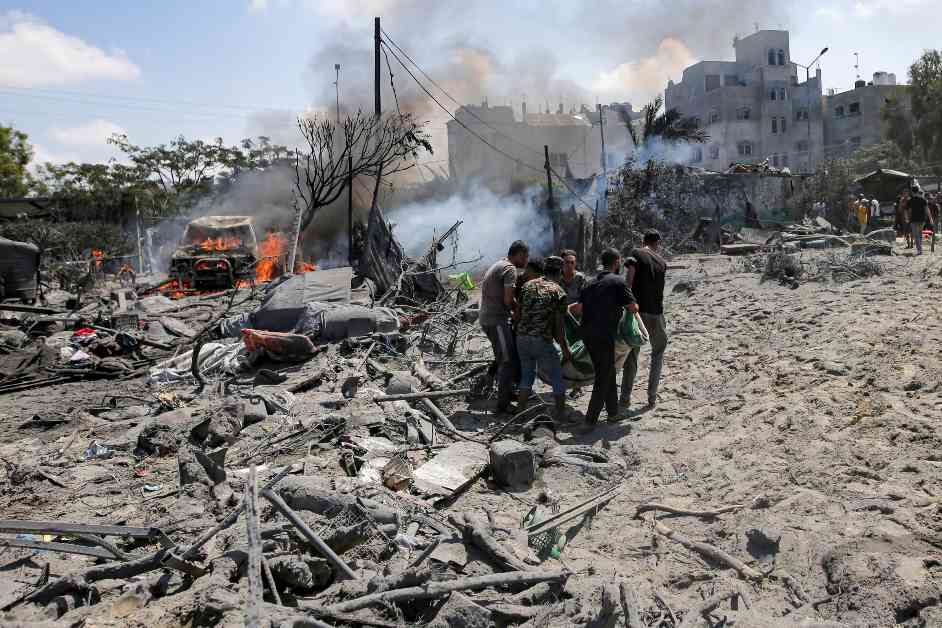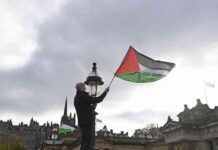A UN committee has recently reported that the policies and practices carried out by Israel in Gaza are showing characteristics of genocide. The committee, established in 1968 to monitor Israel’s occupation, expressed serious concerns about Israel’s use of starvation as a weapon of war and its alleged apartheid system in the West Bank and East Jerusalem.
The International Court of Justice (ICJ) is currently investigating claims made by South Africa that Israel’s military actions in Gaza amount to genocide. As a result, the ICJ has instructed Israel to take interim measures to prevent genocide from occurring.
The Israeli government has not yet responded to the report by the special committee, but has previously criticized the UN for being biased against the country. The report aimed to examine Israeli practices affecting the human rights of Palestinians and other Arabs in the occupied territories.
Comprised of representatives from Sri Lanka, Malaysia, and Senegal, the committee was formed after the 1967 Arab-Israeli war. However, the UN special committee was unable to visit the areas under investigation due to a lack of response to their requests to enter Gaza, the West Bank, the Golan Heights, and Israel.
According to the Guardian, the committee’s research revealed serious concerns about violations of international humanitarian and human rights laws in the Occupied Palestinian Territory, including the use of starvation as a weapon of war, potential genocide in Gaza, and an apartheid system in the West Bank and East Jerusalem.
During the 13-month-long conflict, civilians in Gaza were indiscriminately and disproportionately killed en masse, leading the committee to conclude that Israel’s policies and practices align with the characteristics of genocide. The report also highlighted the life-threatening conditions imposed on Palestinians in Gaza, resulting in physical harm and increased rates of miscarriages and stillbirths.
Furthermore, Israel was accused of intentionally using food as a weapon of warfare. Israeli officials were said to support policies that deprived civilians of basic necessities like food, water, and fuel for political and military purposes.
In response to the ICJ’s order, South Africa was instructed to take interim steps to prevent acts violating the Genocide Convention, punish incitement to genocide, ensure humanitarian aid reached Gaza, and preserve evidence of genocide. However, Israel rejected the court’s ruling, with Prime Minister Benjamin Netanyahu calling the charge of genocide “outrageous” and affirming his country’s commitment to international law.












